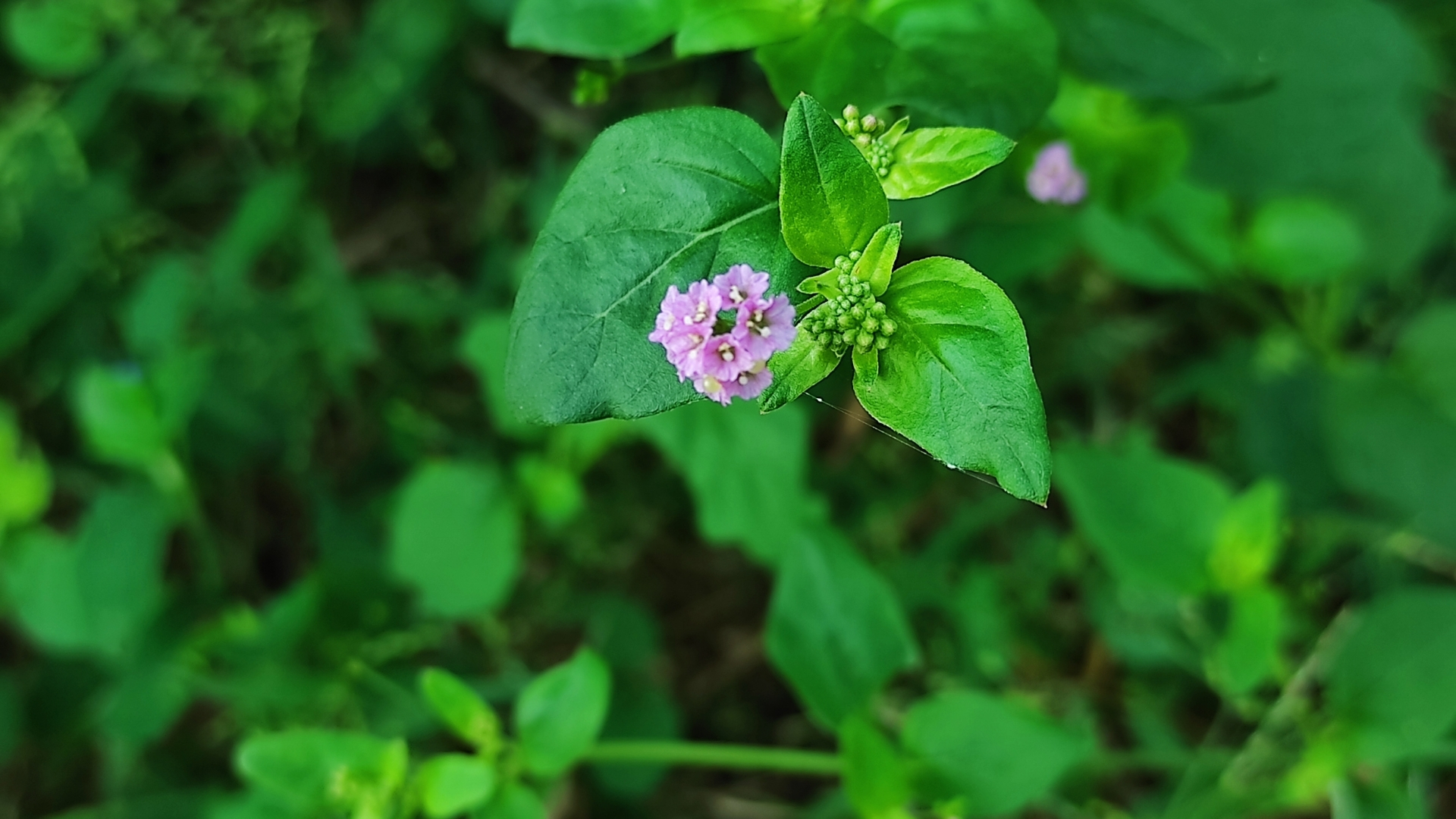
In the vast world of Ayurveda, some herbs like ashwagandha, tulsi, and turmeric have made headlines. But there are lesser-known plants—just as powerful, yet rarely mentioned. One such secret weapon in Ayurvedic healing is “Punarnava”.
Despite being a staple in ancient Ayurvedic texts, Punarnava is often overlooked in modern wellness circles. But Ayurvedic doctors have relied on this humble herb for centuries to treat everything from kidney issues to joint pain and digestive disorders.
So, what makes Punarnava so special? Let’s uncover the truth.
Table of Contents
What Is Punarnava?
Punarnava (Botanical name: Boerhavia diffusa) translates to “renew” or “restore,” and that’s exactly what it does. Native to India, this perennial herb grows in tropical climates and is widely used in Ayurvedic formulations.
Its root, stem, and leaves are all used medicinally, and it’s classified as a “Rasayana” herb, meaning it supports rejuvenation, longevity, and vitality.
Top Health Benefits of Punarnava
1. Supports Kidney Health
Punarnava acts as a natural diuretic, helping flush out toxins and excess fluids. It is often prescribed in Ayurvedic medicine for urinary tract infections, kidney stones, and fluid retention.
2. Reduces Inflammation
The herb contains anti-inflammatory compounds that relieve pain and swelling, making it useful in arthritis, gout, and joint disorders.
3. Aids in Liver Detox
Punarnava is a gentle liver tonic that helps detoxify and regenerate liver cells. It’s commonly used in Ayurvedic treatments for jaundice, hepatitis, and fatty liver.
4. Improves Digestion
It stimulates digestive fire (Agni) and alleviates problems like bloating, constipation, and indigestion.
5. Manages Blood Sugar Levels
Research suggests Punarnava may help regulate glucose metabolism, making it beneficial for diabetics.
6. Boosts Heart Health
It helps manage cholesterol and supports cardiac function by improving blood circulation and reducing water retention around the heart.
What Ayurvedic Doctors Say
Many Ayurvedic practitioners consider Punarnava a must-have in chronic care—especially in cases involving the kidneys, liver, and inflammatory conditions.
Dr. Rekha Singh, an Ayurvedic expert from Kerala, shares:
“Punarnava is one of the few herbs that acts on multiple systems of the body without causing harsh side effects. It’s gentle yet powerful—perfect for long-term use.”
How to Use Punarnava
There are several ways Punarnava is consumed in Ayurvedic practice:
-
Punarnava Powder (Churna): Taken with warm water or honey
-
Punarnava Juice: Fresh extract used for detox and digestion
-
Punarnava Tablets/Capsules: Convenient for daily wellness
-
Punarnava Kwath (decoction): A boiled herbal preparation often prescribed for liver and kidney health
👉 Always consult an Ayurvedic doctor before starting herbal treatment.
Are There Any Side Effects?
Punarnava is generally safe when used as directed. However:
-
Pregnant or breastfeeding women should consult a practitioner.
-
Overuse may lead to dehydration due to its diuretic properties.
-
People on blood pressure or diuretic medications should be cautious.
Why Isn’t Punarnava More Popular?
Despite its incredible benefits, Punarnava remains under the radar because:
-
It’s not widely marketed like turmeric or ashwagandha.
-
Lack of awareness among general health audiences
-
Many brands don’t emphasize its solo use (usually found in combination formulas)
But Ayurvedic doctors swear by it because it works quietly but effectively—the way true healing often does.
Is Punarnava Worth Trying?
Absolutely. If you’re looking for a gentle, effective way to support your body’s natural detox, digestion, and inflammation response—Punarnava is a natural powerhouse worth considering.
Sometimes, the best remedies aren’t loud—they're simply timeless.


